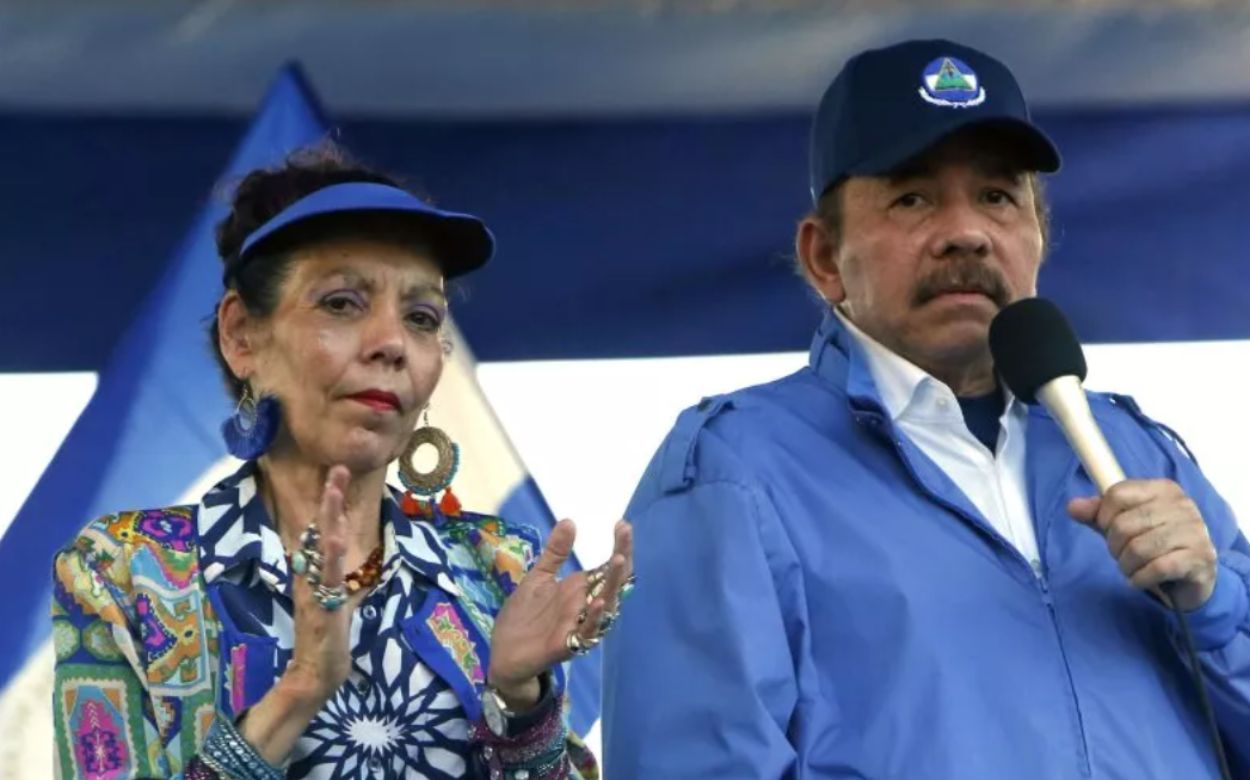Breaking: U.S. Launches Major Probe into Shocking Human Rights & Labor Abuses in Nicaragua
The Biden administration has begun an investigation into suspected labor and human rights violations in Nicaragua, a significant escalation in the already strained relationship between the two countries.

What happened?
The inquiry, announced by U.S. Trade Representative Katherine Tai, is allowed under Section 301 of the Trade Act of 1974 and seeks to investigate not just claims of abuse but also the extent to which they harm commerce with the United States. The investigation must be completed within a year, with potential retaliatory steps based on findings. “A lot of reports suggest the Government of Nicaragua is engaging in repressive acts that are damaging Nicaragua’s employees and people, undermine fair competition, and undermine our region,” Tai stated in a blog post.
This probe comes as worldwide concern about President Daniel Ortega’s dictatorial rule remains high. Tai’s statement also referenced genuine claims from multiple watchdog groups accusing Ortega’s government of politically motivated arrests, forced labor, human trafficking, and repression of freedom of association and collective bargaining. “Such actions exacerbate worker exploitation while reducing economic growth and trade opportunities,” the US Trade Agency stated. The investigation also coincides with International Human Rights Day and expands on the United States’ efforts to hold authoritarian countries responsible.
Ortega’s Rule is under scrutiny:
Since 2018, Nicaragua’s government has expanded its crackdown on dissent, imprisoning opposition figures, expelling media, and closing over 5,000 organizations. Ortega recently proposed constitutional modifications to consolidate power, such as extending presidential terms and naming himself and his wife, Vice President Rosario Murillo, as “copresidents.” While Murillo has yet to comment on the US probe, the Ortega regime’s actions have been widely condemned by human rights organizations.
Comparisons between US-China Trade Tensions:
The inquiry is similar to recent U.S. sanctions against China in May, when Section 301 duties were imposed on products such as electric vehicles and solar cells owing to unfair subsidies. In Nicaragua’s instance, any punitive measures would have to deal with the intricacies of its membership in the Central America Free Trade Agreement (CAFTA). Analysts warn that such steps might have serious economic consequences for both countries, particularly Nicaragua, where trade with the United States is essential to the economy. Nicaragua faces special issues due to its trade surplus with the United States, which is expected to be around $3 billion in 2022, accounting for nearly 20% of its GDP.


Comments are closed, but trackbacks and pingbacks are open.